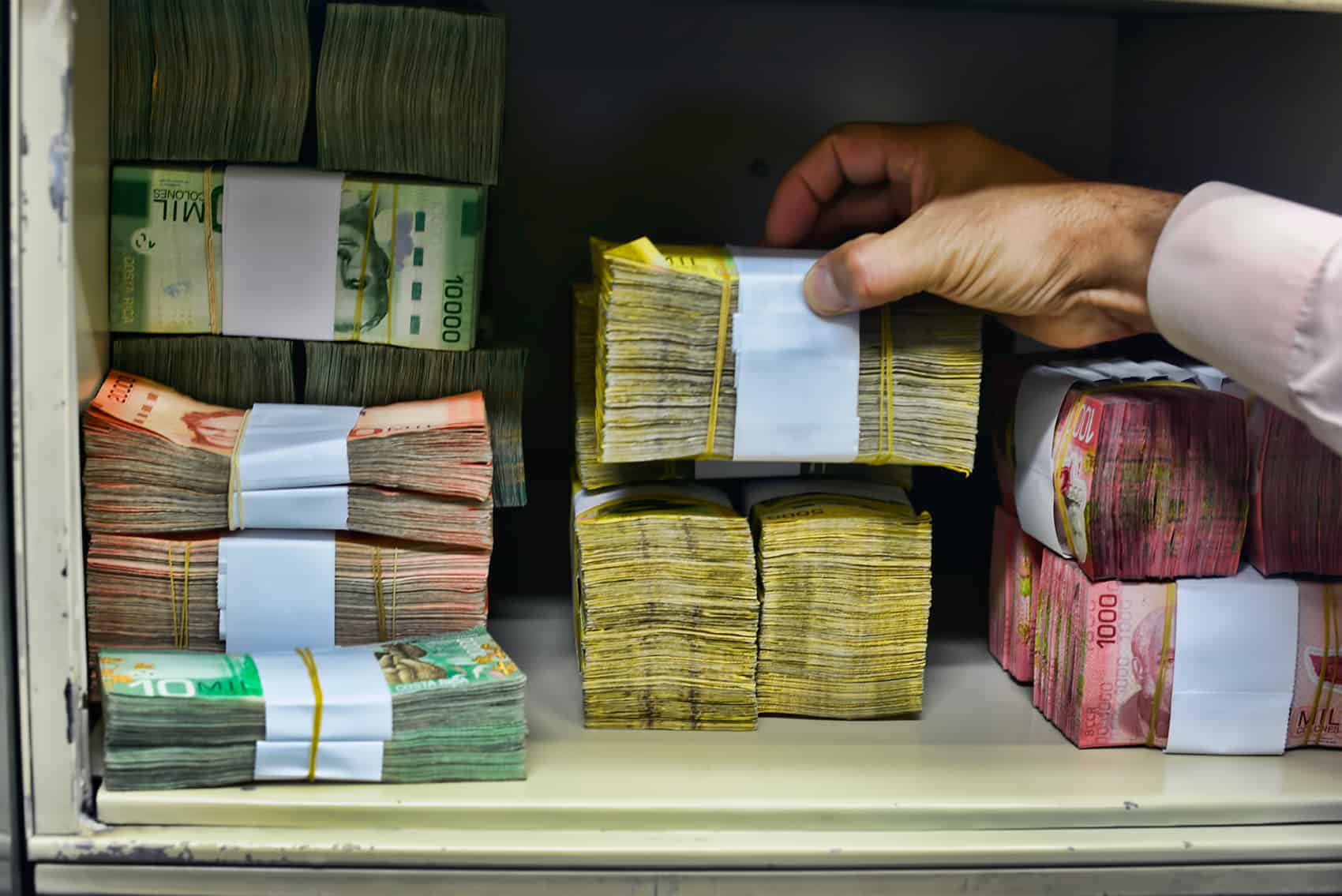Fitch Ratings downgraded its outlook on Costa Rica’s sovereign debt from “stable” to “negative” in a statement released Thursday morning. Despite the negative outlook, Fitch maintained its BB+ rating for the debt.
The ratings agency listed the country’s structural fiscal deficits, slower economic growth and inability to implement tax reforms among the primary drivers for the decision. Citing failed attempts in the past to wrangle Costa Rica’s growing deficit, the agency opined that “congressional gridlock and adverse court rulings could delay, dilute or block fiscal reform.”
Despite the criticisms that were echoed in a similar negative forecast from the Eurasia Group on Jan. 16, Fitch noted that the country continues to attract large amounts of foreign investment into value-added manufacturing and service industries. The ratings agency also listed Costa Rica’s strong social development indicators, well educated workforce, political stability, rule of law and free trade agreements with the United States and China among its positive points.
“The announcement from Fitch Ratings is a wake up call,” said Vice President and Finance Minister Helio Fallas in a statement Thursday. The vice president argued that the Solís administration’s tax proposals — including a value-added tax and a global income tax — should be approved by the Legislative Assembly to ease concerns from international banks and ratings agencies. Fallas added that besides the tax proposals, the government has sent bills to the Legislative Assembly regarding tax evasion and contraband as other ways to close the deficit.
News of the downgraded forecast garnered comment from economist Luis Mesalles of the the Union of Private-Sector Chambers and Associations (UCCAEP), who said, “This news will make the government’s external debt more expensive and, indirectly, the private sector’s too. This will translate into higher local interest rates, which makes it more difficult to create jobs and growing production.”
Fitch said that failure to get the fiscal deficit under control or a “marked deterioration” in the business or political environment that impairs growth prospects could trigger a negative rating.






